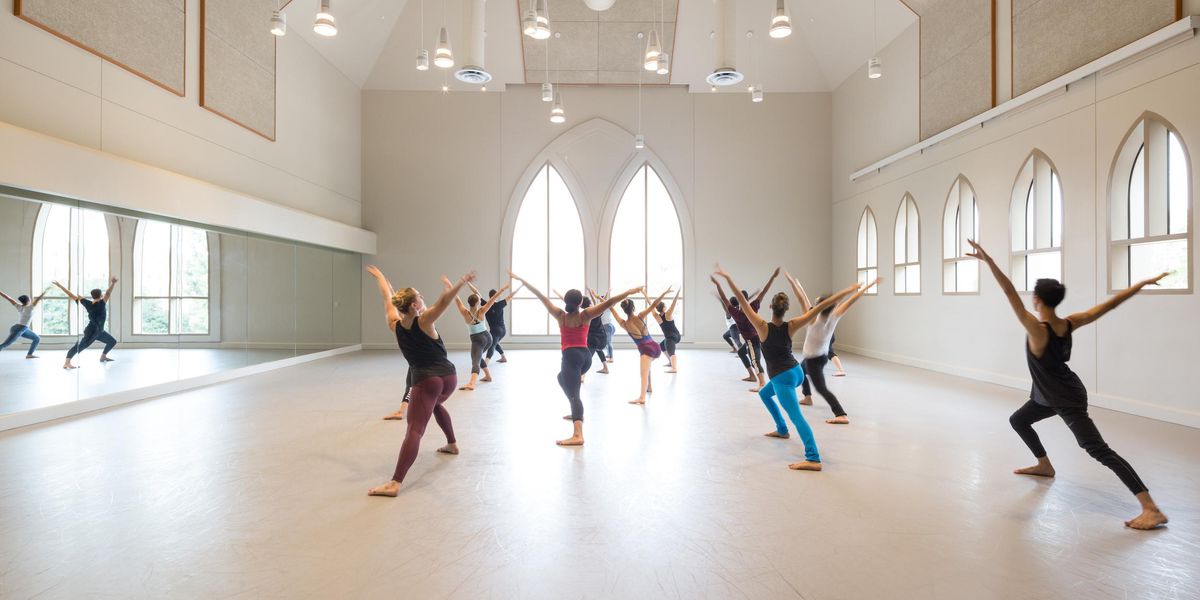Zina Bethune (1945–2012)
Zina Bethune, the noted dancer, choreographer, teacher, director and actress, died on February 12 at the age of 66. After leaving her car to help a wounded animal, she was struck by two vehicles and died on the scene. In Los Angeles, Bethune was the founder, director, and choreographer of Theatre Bethune and director of Infinite Dreams, a participatory dance program for disabled youth.
Bethune began her dance training at the School of American Ballet in New York and performed as a soldier in the premiere of George Balanchine’s The Nutcracker with New York City Ballet in February, 1954. She played Marie for three years running (1955–57) including the 1956 televised production of The Nutcracker. She went on to dance in several companies, despite having been diagnosed with scoliosis. She later suffered from hip dysplasia and lymphedema. “I was born to dance, in my heart, but not in my body,” she told a Los Angeles Times reporter in 1999.
Nevertheless, Bethune also danced with the Royal Danish Ballet, Nevada Dance Theatre, and San Francisco Ballet. Her repertoire included roles in Swan Lake, Le Corsaire, Romeo and Juliet, Giselle, Don Quixote, The Sleeping Beauty, and Tschaikovsky Pas de Deux.
As an actress, she appeared in soap operas, the television series The Doctors and the Nurses, Martin Scorsese’s debut film Who’s That Knocking at My Door, Sunrise at Campobello, and the 2006 dance-themed film Wings of Legacy.
In 1992, she performed on Broadway as a replacement for Liliane Montevecchi in Grand Hotel, in which she portrayed Russian ballerina Elizaveta Grushinskaya.
In 1980, Bethune founded Bethune Theatredanse, later renamed Theatre Bethune, a pioneer dance/theater company that blends ballet, jazz, and modern dance with art, video, music, and special effects. Starting in 1982, she taught dance to more than eight thousand disabled Southern California children through her nonprofit group Infinite Dreams. Bethune coined the term “differently-abled” to reframe discussions on people with disabilities. “She was a tireless advocate for the Americans with Disabilities Act and for the Arts and Disability Movement going back to the 1980s,” said Tommy Monje, associate director of development for Theatre Bethune. “She was often quoted as saying ‘Although your body is disabled, your spirit isn’t.’ ”
Bethune choreographed and directed more than 50 dance works, videos, and theatrical productions for Theatre Bethune. Her latest work, Silent Roar, a multimedia presentation with dance, theater, and aerialists, exploring the journey of the gray whale and inspired by the artist Wyland, was slated for a tour of southern California. She had recently wanted to create a dance/theater piece on Cafe Guerbois, the meeting place of Impressionist artists like Monet, Degas, and Renoir.
Bethune is survived by her husband, Sean Feeley and her mother, actress Ivy Bethune. In lieu of sending flowers, the family has asked that donations be made to Theatre Bethune (www.theatrebethune.org). —Joseph Carman
Photos courtesy Theatre Bethune.




